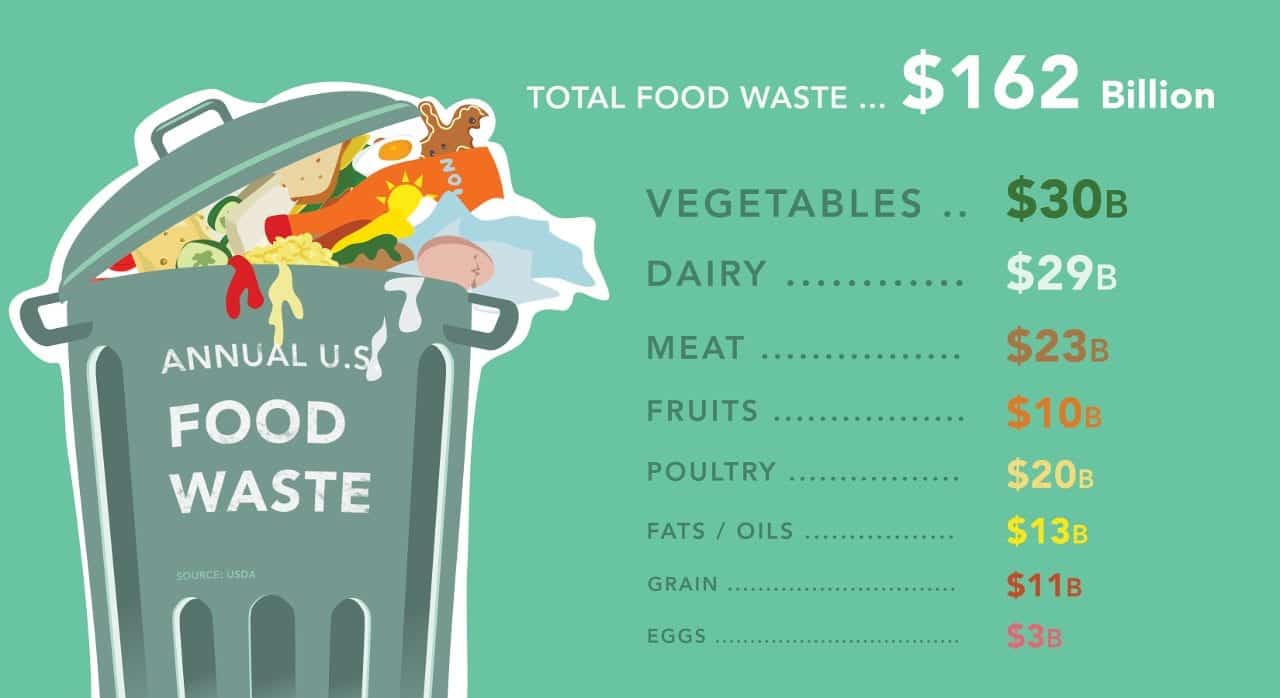It’s convenient to simply put your rubbish bags outside to have them carried away every week, but is rubbish disposal really that simple?
Unfortunately, the answer is no. Some of the biggest problems that society has are hidden, such as toxic and non-biodegradable waste which is dumped into landfills. Recycling is the solution to this problem (alongside prevention via the use of fewer disposable items), but recycling is avoided, and sometimes opposed on the following grounds:
- It costs money;
- Not all plastics are recyclable;
- It isn’t convenient to carry rubbish to recycling facilities;
All of the reasons above are true. However, if governments treated recycling the same as rubbish disposal, people wouldn’t complain about any of the above. Rubbish disposal via landfill (which is currently the main disposal method) costs money and is done on our behalf by rubbish collection companies (paid for with your tax dollars).
To address issue #1: Conventional rubbish disposal costs money too (and a great deal in the form of tax dollars). It can cost $96 USD (£56) to over $200 USD (£118) per trip (source: page 110 of this Cornell University PDF). On top of that, add the wage of the truck driver, and the cost of constructing and maintaining a landfill, and this works out to be a very costly service. Why not divert those tax dollars to a scaled-up recycling program instead?
You can’t sweep dirt under the rug forever. That is what landfill dumping is.
Issue #2: If people had to pay for rubbish collection up front, they would likely purchase less disposable items and choose the types of plastic containers, etc that they purchase more carefully to reduce the number of times they have to call garbage trucks.
Issue #3: If governments contracted recycling firms to routinely send out collection trucks as they did with rubbish disposal and collection firms, this issue would not exist.
Recycling isn’t just a nice thing to do, it is a necessity, because landfills are not only a waste of land (which is also a major part of the cost of conventional rubbish disposal methods), but the amount of land available for them is dwindling, and dumping is no way to handle toxic waste.
Finally, there are two more enormous problems: landfills generate methane which is a greenhouse gas with a greenhouse effect 20 times greater than that of CO2, and plastic bags from dumped rubbish get blown into the ocean, contributing to ‘garbage islands’ such as the Great Pacific Garbage Patch that wreak havoc on the marine ecosystem.
The moral of the story: Governments around the world should adopt a recycling program because landfill disposal is not acceptable.








